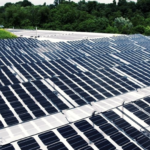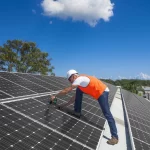In the sun-drenched expanse of Arizona, the decision to switch to solar is more than just an environmental choice—it’s a positive financial and lifestyle decision. By going solar in Arizona you make the relentless Arizona sun your ally, increasing your home value, seeing significant energy savings, and reducing your carbon footprint.
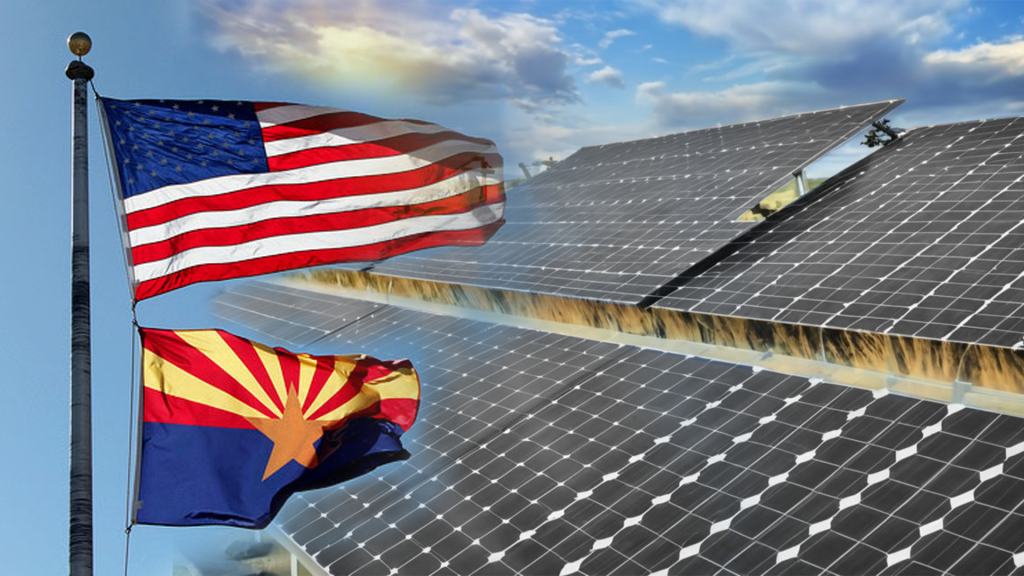
With more sunny days than any other state and the second-greatest potential in the US for generating solar power, Arizona’s perpetual sunshine continues to make rooftop solar an enticing proposition for homeowners. Already well over are using solar panels to generate electricity for their homes. That’s nearly 10% of homeowners in the state!
However, it’s still crucial to understand the unique considerations that arise when harnessing the power of the sun in the Grand Canyon State to power your home or business. For instance, in addition to the federal 30% investment tax credit, the state also offers some generous incentives to help people go solar in the state. This includes incentives from utility companies for installing solar panels in Arizona.
Why is going solar worth it in Arizona?
Arizona has approximately 300 sunny days per year, and is the in the United States with between 7 to 8 peak sun hours a day. This abundant sunshine makes it ideal for considering a residential solar energy systems, because there’s plenty of sun to generate solar power on almost every building in the state!
That makes it an ideal place for because it’s easy to save money on your electric bills—especially during the blisteringly hot summer months when cooling a home will lead to high electricity costs. Investing in solar panels will offset those high energy costs because they’ll produce the most energy on those long, hot days.
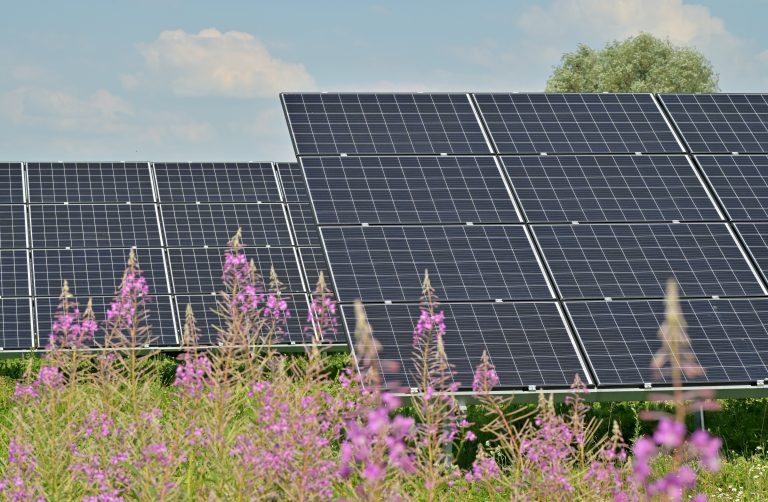
Consulting with an Arizona-based solar specialist will help you understand your energy usage and they can suggest solar energy systems that align with your cost-saving goals. They’ll also help you understand the multiple solar incentives and tax credits, available in the state and from your local utility, which helps make solar panels more accessible and cost-effective for you. These incentives include:
Federal Solar Tax Credit:
Homeowners can claim a 30% credit on the total cost of their solar panel system through the Federal Solar Tax Credit (ITC).
Residential Arizona Solar Tax Credit:
You may be eligible to receive a state income tax credit equivalent to 25% of your solar panel system’s cost, up to a maximum of $1,000, in the year of installation.
Solar Equipment Sales Tax Exemption:
Solar energy systems, including solar batteries, are exempt from sales tax in Arizona.
Energy Equipment Property Tax Exemption:
Installing solar panels in Arizona allows you to increase your home’s value without incurring additional property tax burdens.
What should you consider before installing solar panels in Arizona?
Arizona offers its residents an excellent opportunity to harness solar energy. But, before committing to solar panel installation in Arizona, it’s important to conduct a thorough evaluation of your property and calculate the potential return on investment. Here are some considerations:
Your Home’s Energy Consumption:
The size of the solar energy system you should consider is primarily determined by your average monthly energy usage. The more you use means the more you can theoretically save, more so if you can also make your home energy efficient. If your energy usage is relatively low and your home is energy efficient, the financial benefits of switching to solar energy will still be worth it, but may be less pronounced.
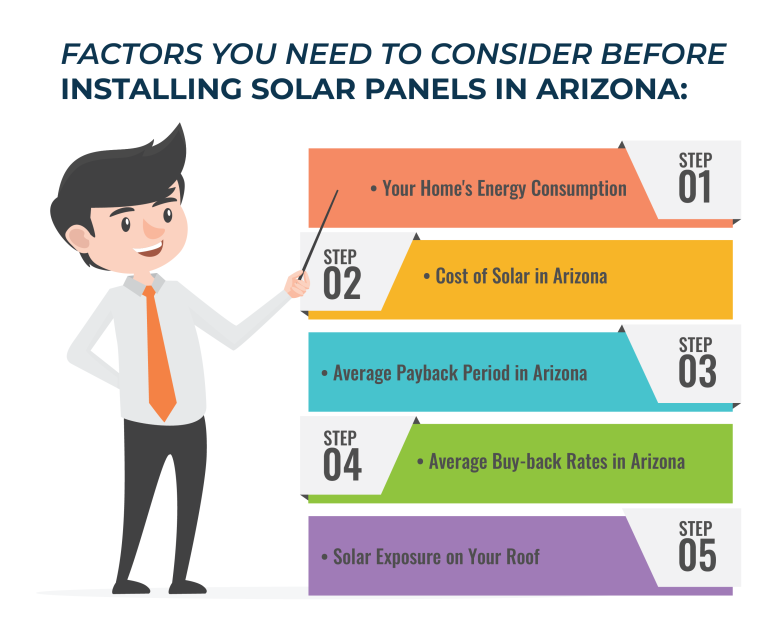
Cost of Solar Adoption in Arizona:
Consider the expenses associated with installing a solar power system, including solar panels, inverters, mounting equipment, installation labor, and additional fees like permitting fees. It’s crucial to obtain quotes from reputable solar providers to compare costs and explore all available financing options.
Average payback period in Arizona:
The payback period is how long it takes for the savings on your electricity bills to offset your initial investment in solar panels. A shorter payback period typically indicates a more favorable return on investment.
Average buy-back rates in Arizona:
In Arizona, surplus solar energy is sold back to the grid, generating additional energy cost savings or income for homeowners. Understanding the buy-back rates and policies of your local utility company can significantly influence the overall financial decision to adopt solar energy.
Solar exposure on your Roof:
The orientation and shading of your roof are critical factors in maximizing solar energy generation. A roof with ample sunlight exposure to the south ensures that your solar panels can generate the maximum amount of electricity possible. By carefully considering all of these factors, Arizona residents can determine whether investing in solar panels is a wise choice tailored to their specific circumstances.
How much do solar panels cost in Arizona?
The cost of solar panels in Arizona depends on the cost of the system size, labor, local permits, system components, and its configuration. homeowner can expect to pay about $3 to $5 per watt for a solar array.
That means the average 5-kilowatt (kW) solar panel system in Arizona costs between $15,000 and $25,000. You can reduce that cost with the 30% federal tax credit along with the local incentives, depending on how you finance the system. This will further bring down the cost of solar panels in Arizona.
How much can you save with solar panels in Arizona?
When it comes to savings, the potential benefits of going solar are substantial. Apart from the tax savings, there’s the possibility of reducing your electricity bill by up to 100%. In Arizona smart homeowners who choose to install solar panels can expect to save a substantial $25,000 over a span of 20 years, compared to what they’d pay for electricity from the grid.

Is net metering available for solar panels in Arizona?
Sort of. As of December 2016 Arizona has a net billing program instead of a net metering. Net billing is a system in which the utility company credits the customer for any surplus energy generated by their solar panels that they can’t use at the time and that is sent onto the grid.
The key distinction between net billing and net metering is in the calculation of the credits. With net billing, the utility company is not obligated to provide credits equivalent to the full retail rate of energy. These credits are calculated based on the excess energy your solar panels produce and are compensated at export rates that vary depending on your utility company, typically ranging between 7.81 and 10.45 cents per kilowatt-hour (kWh). The utilities can establish a lower credit rate for the electricity they purchase from homeowners at their discretion.
Still, these credits accumulate and can be applied to your future electricity bills, allowing you to reduce your electric bill when you need to get power from the grid. THis includes during nighttime, winter, or times when your solar panels may not produce sufficient energy.
The credits you earn through net billing have no expiration date and are accumulated over time. Once they surpass a specific threshold, usually between $10 and $25, they are paid out annually.
How do Arizona residents enroll in the net billing program?
Enrolling in net billing for your solar system typically involves several steps, which your solar installer will assist you with. While they should help you with the process, here are a few things to keep in mind about net billing.
After the installation of your solar system, you’ll need to submit an application for interconnection through your utility company.
Upon approval of your interconnection application, you’ll need to sign a net billing agreement that outlines the terms and conditions of the arrangement.
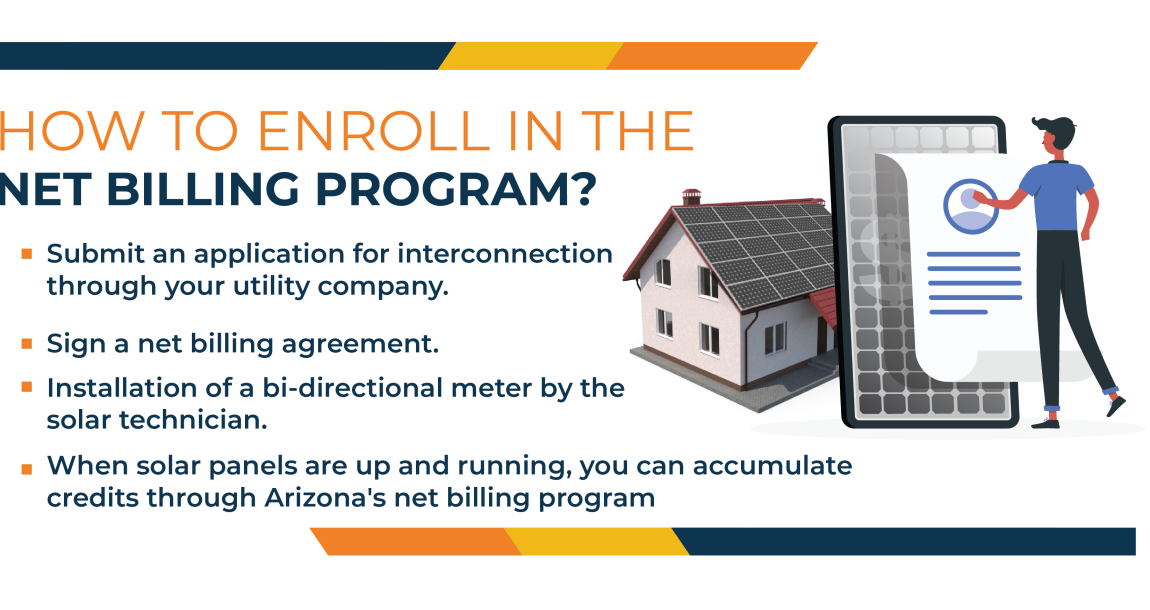
To monitor both the energy you consume from the grid and the excess energy you supply to it, your solar technician will install a bi-directional meter.
Once your solar panels are up and running, you can commence accumulating credits through Arizona’s net billing program.
Are there local incentives for installing solar panels in Arizona?
Arizona’s utilities offer local incentives for its residents. These incentives help the residents switch to solar energy with ease. Currently, Arizona ranks states in terms of overall solar power installed.
Some of the incentives in Arizona include:
APS Residental Battery Pilot Program:
The residents of Arizona can receive up to $3,750 in incentives when they purchase a home solar battery. But they have to enroll in APS’ Residential Battery Pilot program to receive these incentives.
SunWatts Renewable Energy Incentive Program:
Arizona’s residents can also gain access to the incentive of five cents per watt (or up to $2,500) for residential and small commercial solar panel systems less than 50 kW in size.
Mohave Electric Cooperative (MEC) Battery Rebate:
MEC offers a solar battery system rebate of up to $500 for its customers.
Springs Valley Electric Cooperative Solar Water Heating Program:
If you install solar water heaters, you can get a rebate of 50 cents per annual kWh saved.
Salt River Project Demand Management System Rebate:
Arizona residents can get a $250 rebate on the purchase and installation of a demand management solar panel system.
Do solar panels increase home value in Arizona?
Yes. On a national scale, homes with solar-energy systems tend to sell for an average of 4.1% more than homes without solar panel systems. For an Arizona home with a median value, solar panels can increase its value by about $17,000, according to EcoWatch. Not only this but these homes also sell faster in the market as well. This is because energy-efficient features are important for more than 80% of home buyers in the state.
What are the estimated solar savings in Arizona?
Residents are eligible for both a statewide solar tax credit and the federal solar tax credit. This results in substantial savings on a new solar installation. On top of that, the net billing system, solar rebates provided by your utility company, and tax exclusions further enhance these savings.
In Arizona, the typical payback period for solar panels averages about six and a half years. Given that the average solar system lifespan is of 25 years or more. This means you’ll enjoy over 18 years of generating free energy once your system pays for itself.
All in all, if you call Arizona home, you have the opportunity to save tens of thousands of dollars in energy costs over the entire lifespan of your solar energy system. This makes going solar a financially attractive and environmentally responsible choice.
Solar SME is a reputable and reliable name in the field of solar energy installation in Arizona. We provide robust guarantees to safeguard your investment in solar energy for the long term. With our power production guarantee, you will have full confidence that you are making the right choice by partnering with Solar SME for your home’s solar installation needs in Arizona.



